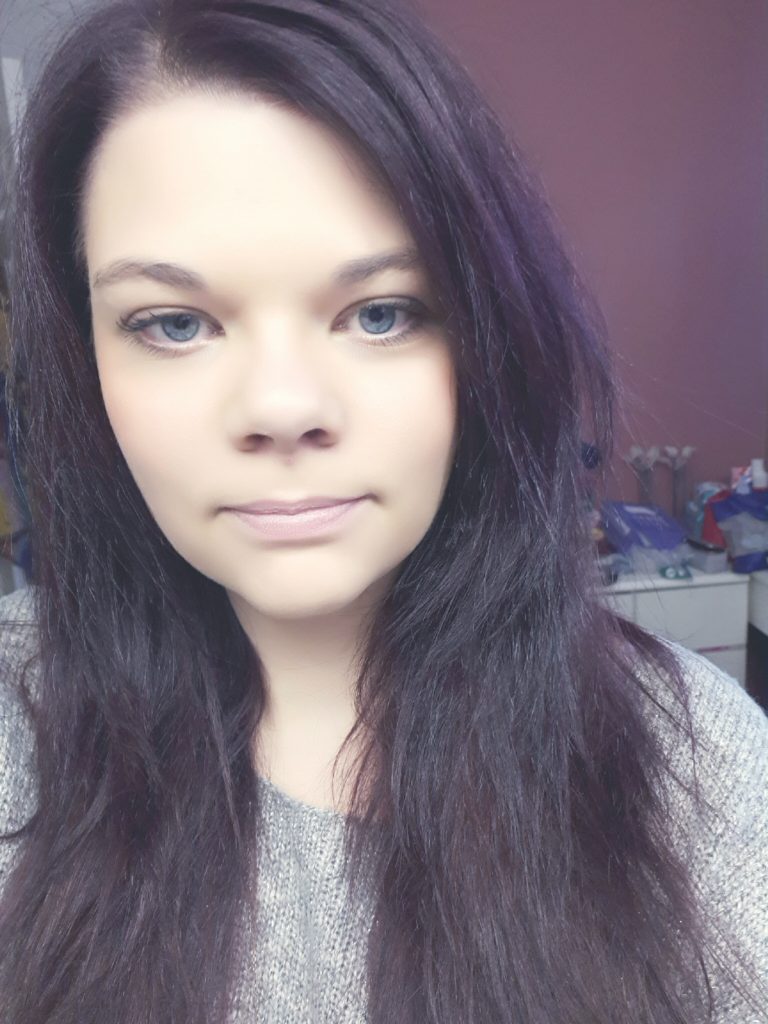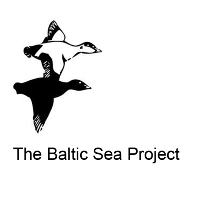Water quality in the Baltic Sea
The condition of the sea is primarily determined by investigating the living organisms in the water and sediment.
Programme coordinator
Ms Pille-Riin Pärnsalu
Foundation Tartu Environmental Education Centre
Lille10, Tartu 51010, Estonia
Send your reports to:
E-mail: pilleriin.parnsalu@teec.ee


Programme details
A status Report
The common programme Water Quality of the Baltic Sea has now been an integrated part of UNESCO's Baltic Sea Project for ten years. The idea of the project came from a workshop for teachers in Kiel, 1990.
Soon a protocol was created by teachers from Nynåshamn Gymnasium, Sweden, and Rungsted Gymnasium, Denmark, and although some minor changes have been made during the years, the main idea of the programme is the same:
- to bring students out to their local coast to study the life and the state of the sea
- to train the students in collecting observations in a systematic way
- to communicate the observations internationally
- to give the students possibilities to compare their observations with similar observations from other places around the Baltic Sea and over time at the same place.
The programme and the methods are described in Learners' Guide No 1: Working for better Water Quality in the Baltic Sea. All schools and other educational institutions associated to The Baltic Sea Project are welcome to join the programme.
Statistics
The first investigations were carried out in the spring of 1991,
and since then schools have carried out investigations every spring
and autumn. In total, 428 protocols from 70 schools and other
educational institutions have been registered. Some schools have
only been in the programme once, while other schools have joined
every year.
Table 1 shows the number of schools and investigations distributed
by country.
Organization
The programme is co-ordinated by Rungsted Gymnasium, and all results are collected there. A report is sent to the participating schools twice a year containing all results and descriptions of excursions sites. Together with the report new protocols for the coming investigations are distributed.
Water Quality on your computer
Data are stored in a database, and the updated version of the
database is available here. If you want to transfer the latest
updated files for the Water Quality Programme to your computer,
please right-click below and select 'Save Link As' in the appearing
menu.
(Please note that the files can only be read by the WAQUA programme
and that both files are necessary):
In order to use the database you need the computer programme
WAQUA.
The programme is designed by teachers from Rungsted Gymnasium and
is distributed freely to schools in the Baltic Sea Project. The
distribution is supported by the Danish Ministry of Education.
Do you want to join?
If you are interested to receive the computer programme WAQUA, please send a letter to the address below with your name, school and full address. A copy of the computer programme will then be sent to you as soon as possible.
Protocol for
Observations WATER QUALITY OF THE BALTIC SEA
Ready for printing.
Report
on BSP activities in the school year 1998-1999
Formular ready for printing.
Connection to UN- Global sustainable development goal no 14:
http://www.un.org/ga/search/view_doc.asp?symbol=A/RES/70/1&Lang=E

- Goal 14. Conserve and sustainably use the oceans, seas
and marine resources for sustainable development
- 14.1 By 2025, prevent and significantly reduce marine pollution of all kinds, in particular from land-based activities, including marine debris and nutrient pollution
- 14.2 By 2020, sustainably manage and protect marine and coastal ecosystems to avoid significant adverse impacts, including by strengthening their resilience, and take action for their restoration in order to achieve healthy and productive oceans
- 14.3 Minimize and address the impacts of ocean acidification, including through enhanced scientific cooperation at all levels
- 14.4 By 2020, effectively regulate harvesting and end overfishing, illegal, unreported and unregulated fishing and destructive fishing practices and implement science-based management plans, in order to restore fish stocks in the shortest time feasible, at least to levels that can produce maximum sustainable yield as determined by their biological characteristics
- 14.5 By 2020, conserve at least 10 per cent of coastal and marine areas, consistent with national and international law and based on the best available scientific information
- 14.6 By 2020, prohibit certain forms of fisheries subsidies which contribute to overcapacity and overfishing, eliminate subsidies that contribute to illegal, unreported and unregulated fishing and refrain from introducing new such subsidies, recognizing that appropriate and effective special and differential treatment for developing and least developed countries should be an integral part of the World Trade Organization fisheries subsidies negotiation16
- 14.7 By 2030, increase the economic benefits to small island
developing States and least developed countries from the
sustainable use of marine resources, including through sustainable
management of fisheries, aquaculture and tourism
- 14.a Increase scientific knowledge, develop research capacity and transfer marine technology, taking into account the Intergovernmental Oceanographic Commission Criteria and Guidelines on the Transfer of Marine Technology, in order to improve ocean health and to enhance the contribution of marine biodiversity to the development of developing countries, in particular small island developing States and least developed countries
- 14.b Provide access for small-scale artisanal fishers to marine resources and markets
- 14.c Enhance the conservation and sustainable use of oceans and their resources by implementing international law as reflected in the United Nations Convention on the Law of the Sea, which provides the legal framework for the conservation and sustainable use of oceans and their resources, as recalled in paragraph 158 of “The future we want”


